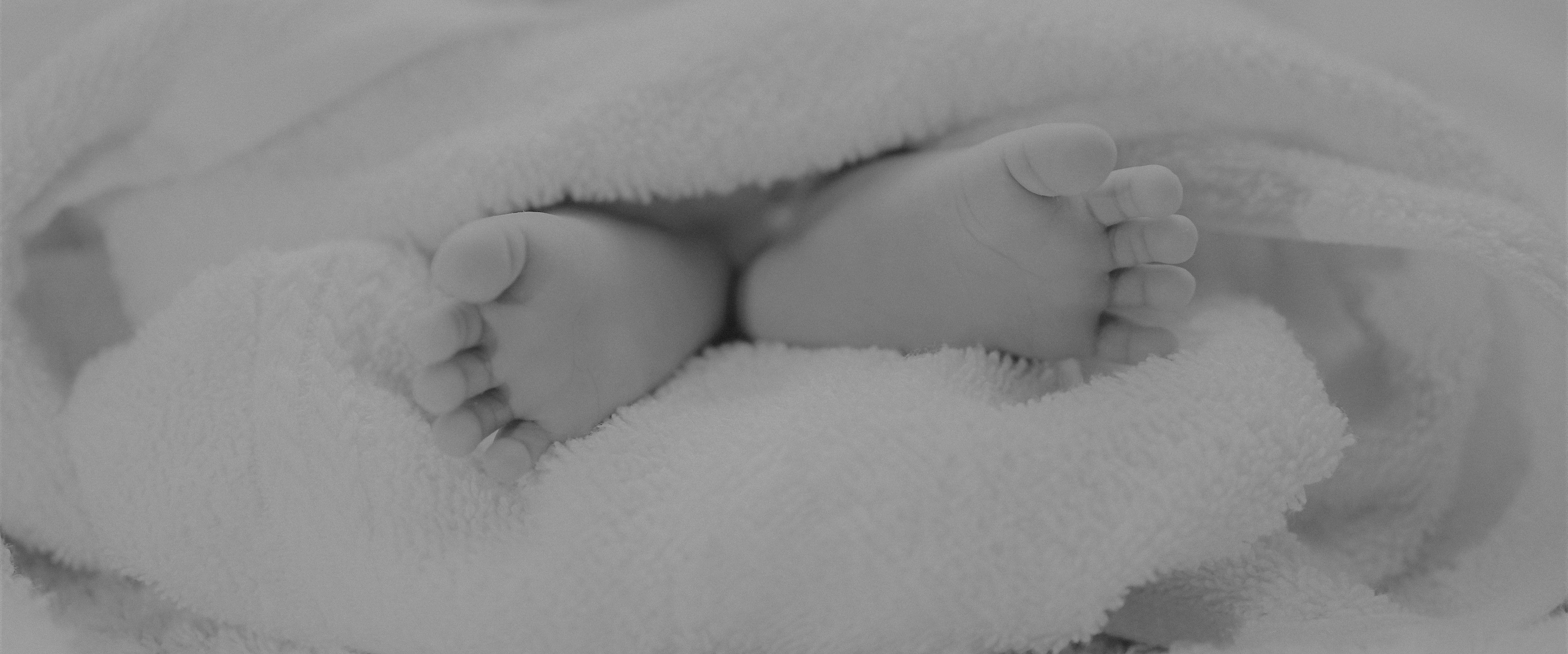
In this blog, we explore postnatal depression and summarise a classic paper by Lawrence Blum, an American psychiatric and psychotherapist. It was originally written in relation to postnatal depression in mothers, but also explores the conflicts that appear when becoming a parent and applies to fathers, same-sex couples and couples where caring for the child is more equally shared.
How Postnatal Depression Can Affect Fathers as Well as Mothers
Although understandably, we focus on new mothers in the postnatal period, dads and other co-parents also need support.
Dads have a lot to take on board when a new baby arrives due to the huge life change. Money problems, sleep deprivation, new responsibilities and new relationship dynamics can leave dad feeling overwhelmed, emotional, and even depressed. On top of this, it’s easy for dads to feel guilt for not being able to take on the responsibility of breastfeeding as their partner is still recovering from labour and birth.
It’s important to seek help if you’re a father feeling the negative effects of new parenthood, or if you’re a mother who has noticed a negative change in your partner. Talking therapies can be a great help in overcoming depression.
The Difference Between ‘Baby Blues’ And Postnatal Depression
In the paper, Blum explains the difference between ‘baby blues’ which is a hormone-induced depression, and postnatal depression which more closely relates to depression. Many factors contribute to postnatal depression, including:
- Lack of external support
- Stressful life events
- Difficulty conceiving
- Previous mental health issues
- Low self-esteem
- Anxiety
To help with postnatal depression, supportive counselling, CBT, and psychodynamic psychotherapy were the most effective in controlling the issue.
What Is Psychodynamic Therapy?
Psychodynamic therapy had the biggest impact on depression. This type of therapy focuses on the psychological roots of emotional suffering. This approach combines many different types of analytic therapies and works on the idea that each person’s unconscious thoughts and perceptions are developed through their childhood.
When working with a psychodynamic therapist, a mother will be encouraged to talk about relationships with their parents and other people to uncover the unconscious reasoning behind their depression.
There are different psychodynamics of depression which we will outline below. There are three principal emotional conflicts, these are:
Dependency Conflicts
When you become a new parent, you are completely depended upon by your new child or children. This is extremely tiring, emotional and in some ways, draining. Support at this stage of becoming a new parent or carer is extremely beneficial, however, if there is a lack of support, parents may feel a sense of denial of their own needs which can result in depression.
Anger Conflicts
Anger is a normal part of depression, and it can make parents feel guilty for feeling this emotion. Anger can be felt towards the baby as a projection of past hurts or for how their lives have changed in terms of money, sleep, jobs, social life and sex life.
The dangers of feeling anger as a parent are that when these feelings are denied and controlled, the feelings can build up and eventually be released which threatens the relationship with the baby or, more commonly, the partner.
Parenthood conflicts
Becoming a parent and caring for a baby can bring unresolved and unprocessed feelings about a parent’s own experiences of being cared for to the surface. Negative childhood experiences can positively affect how you raise your own child as you want more deeply to give your child what you didn’t receive, however, on the other hand, it can also stir up old wounds which can heighten the risk of depression.
Brighton and Hove Psychotherapy is a collective of experienced psychotherapists, psychologists and counsellors working with a range of client groups, including fellow therapists and health professionals. If you would like more information, or an informal discussion please get in touch. Online therapy is available.
Leave a Reply